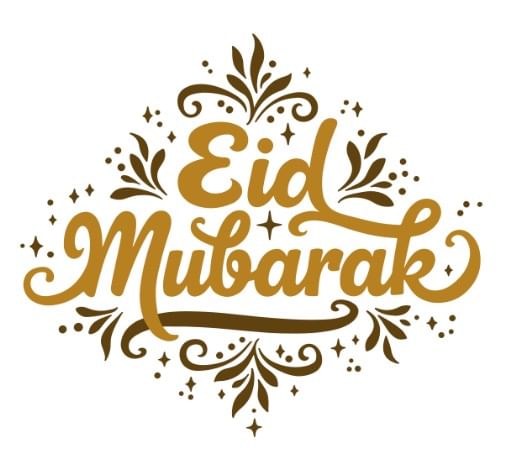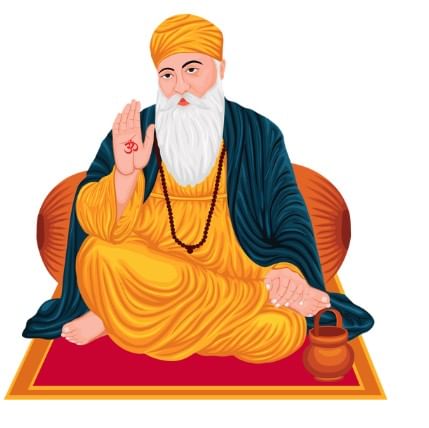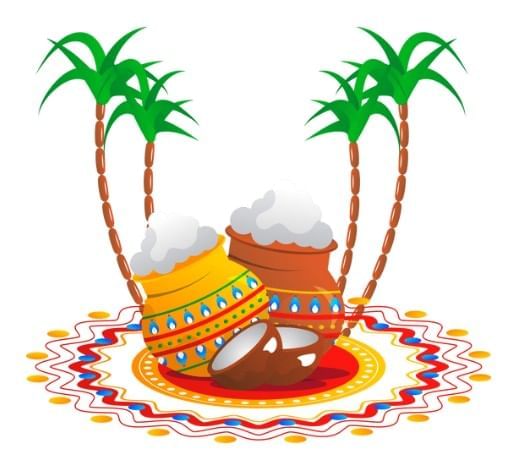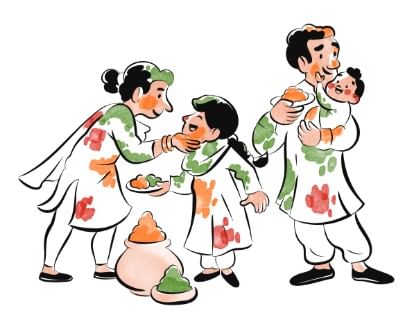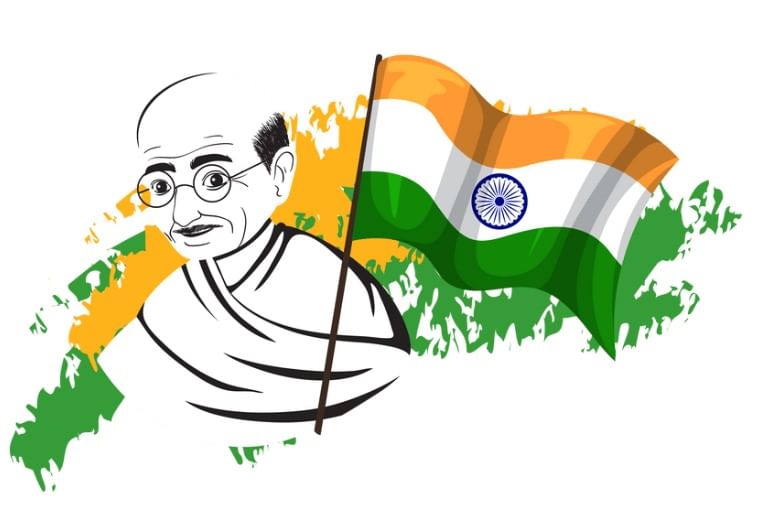Class 1 Exam > Class 1 Tests > Test: Festivals - 2 - Class 1 MCQ
Test: Festivals - 2 - Class 1 MCQ
Test Description
10 Questions MCQ Test - Test: Festivals - 2
Test: Festivals - 2 for Class 1 2025 is part of Class 1 preparation. The Test: Festivals - 2 questions and answers have been prepared
according to the Class 1 exam syllabus.The Test: Festivals - 2 MCQs are made for Class 1 2025 Exam.
Find important definitions, questions, notes, meanings, examples, exercises, MCQs and online tests for Test: Festivals - 2 below.
Solutions of Test: Festivals - 2 questions in English are available as part of our course for Class 1 & Test: Festivals - 2 solutions in
Hindi for Class 1 course.
Download more important topics, notes, lectures and mock test series for Class 1 Exam by signing up for free. Attempt Test: Festivals - 2 | 10 questions in 15 minutes | Mock test for Class 1 preparation | Free important questions MCQ to study for Class 1 Exam | Download free PDF with solutions
Detailed Solution for Test: Festivals - 2 - Question 1
Detailed Solution for Test: Festivals - 2 - Question 2
Detailed Solution for Test: Festivals - 2 - Question 3
Detailed Solution for Test: Festivals - 2 - Question 4
Detailed Solution for Test: Festivals - 2 - Question 5
Detailed Solution for Test: Festivals - 2 - Question 6
Detailed Solution for Test: Festivals - 2 - Question 7
Test: Festivals - 2 - Question 8
We ________ the national flag and patriotic songs on Independence Day
Detailed Solution for Test: Festivals - 2 - Question 8
Detailed Solution for Test: Festivals - 2 - Question 9
Test: Festivals - 2 - Question 10
Independence Day, Republic Day and ________ are our national festivals
Detailed Solution for Test: Festivals - 2 - Question 10
Information about Test: Festivals - 2 Page
In this test you can find the Exam questions for Test: Festivals - 2 solved & explained in the simplest way possible.
Besides giving Questions and answers for Test: Festivals - 2, EduRev gives you an ample number of Online tests for practice
Download as PDF



